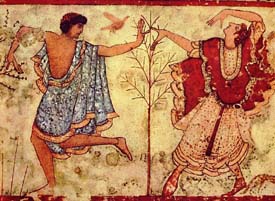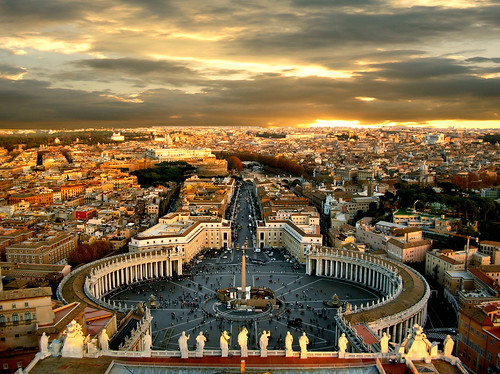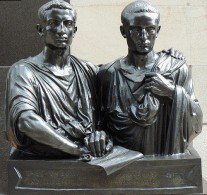776 B.C.
Athenians attacked Sparta
Parthenon was finished
Olympics began
Army & Battles
Hoplites were Greek soldiers
Battle of Marathon was when the Persians attacked the Greeks and the Greeks won
Battle of Thermopile
Battle of Guagamela
Battle of Issus
Peloponessian War
Battle of Hidasspus which was against India
Peloponessian War
War started because Sparta was afraid that Greece would try to take over
Sparta won the war
Athens used the strategy that didn't work because they tried to build a wall around Athens but the Spartans attacked them from the sea
The first time people rose up against the rulers was in 508 B.C. when Isagoras was in charge
Sparta
Young boys were taken from their parents when they turned 7 years old
Their strength was the army/infantry
Homer
Blind poet who told the stories of the Iliad and the Odyssey
Odysseus was a war hero from the Trojan war and the Odyssey was about his journey home
The Iliad was about the Trojan War
Architecture
The 3 main types of columns are Doric, Ionic, and Corinthian
Parthenon
Doric columns on the Parthenon
The Golden Age/ Age of Pericles was the period of time that the Parthenon was built in
Pericles
Wanted to make Athens the greatest city
Wanted to strengthen democracy
Died in the plague
Pottery
Pottery was used to store things such as wine, perfume, and oil
Pottery places were found in the red light district
Science&Math
Euclid invented geometry
Archimedes invented the pulley system
Philosophers
The 3 main philosophers were Socrates, Plato, and Aristotle
Aristotle tutored Alexander
Plato was a student of Socrates and Aristotle was a student of Plato
Plato wrote the apology which was about Socrates Trial
Socrates Trial
Charged with disrespecting the gods and corrupting the youth
He was guilty and was put to death by poison
Famous statement was 'The unexamined life is not worth living."
 Etruscans
Etruscans Tiber River
Tiber River Rome
Rome Plebeians
Plebeians Patricians
Patricians Calvary
Calvary Hannibal
Hannibal Latifundia
Latifundia Gracchus
Gracchus Caesar
Caesar Gaul
Gaul Ides of March
Ides of March Brutus
Brutus Octavian
Octavian Lepidus
Lepidus Cleopatra
Cleopatra Battle of Actium
Battle of Actium Etruscans
Etruscans Tiber River
Tiber River Rome
Rome Plebeians
Plebeians Patricians
Patricians Calvary
Calvary Hannibal
Hannibal Latifundia
Latifundia Gracchus
Gracchus Caesar
Caesar Gaul
Gaul Ides of March
Ides of March Brutus
Brutus Octavian
Octavian Lepidus
Lepidus Cleopatra
Cleopatra Battle of Actium
Battle of Actium